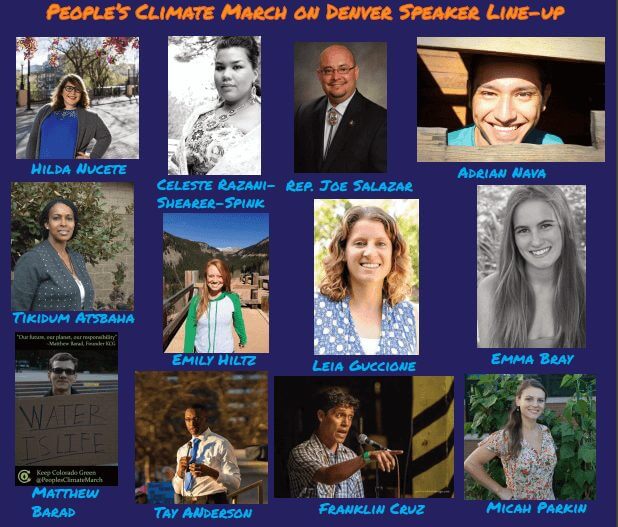Application for school districts to apply for funding for clean buses opens October 7th
DENVER – Today, Conservation Colorado, the state’s largest statewide environmental advocacy organization, released Cleaner Air for Denver with Electric School Buses. The new report, by VEIC Research, finds that replacing diesel buses with electric buses will result in more than $100,000 in savings on maintenance and fuel costs and cut harmful pollution.
The report arrives as Colorado school districts prepare to apply to this round of the Regional Air Quality Council’s “Alt Fuels Colorado” Program — which is funded through the multi-million dollar VW settlement with Colorado — opens on October 7th and runs through November 8th. Colorado Department of Public Health and Environment is administering over $68.7 million in funds as part of the settlement, including $18 million to replace and scrap diesel school buses.
“Every day, kids across across the state are exposed to harmful air pollution from diesel bus fumes,” said Juan Gallegos, Protégete Program Director for Conservation Colorado. “This new report shows that electric school buses will deliver cleaner air to our communities today as we move toward clean, renewable electricity. And in an era of tight budgets, our leaders will be thrilled to know that they can deliver these benefits while saving money. This report is a call to action for school districts, especially those with majority Latinx students, to take action now and apply for the VW settlement money to replace their bus fleets.”
Specifically, the report finds that:
- With each bus replaced, DPS will see a total of $112,353 in fuel and maintenance savings over the lifetime of the vehicle.
- And for each bus replaced, there are $13,044 in societal benefits from the reduced air pollution.
- Electric buses produce less nitrous oxide (NOx) and greenhouse gases (GHG) than new and existing diesel buses, even when including upstream impacts from electricity generation and diesel refining.
- Denver’s grid is getting cleaner so electric buses will offer even cleaner operation in the future.
Denver Public Schools (DPS) is the largest and most populated school district in the state and is a leader in sustainability practices. DPS is one of the few school districts that has a climate change plan.
“We support the efforts of the DPS Sustainability Office and Conservation Colorado, and value the findings from this report,” said Albert Samora, Executive Director of DPS Transportation Services. “Our team has begun to look at alternatives to diesel buses and will incorporate the findings of this report as we progress with our analysis and planning for the future.”
“VEIC was thrilled to work with Denver Public Schools, with the support of Conservation Colorado, to identify a pathway toward a cleaner bus fleet,” said Jennifer Wallace-Brodeur, Director of Clean Transportation at VEIC. “Investing VW Settlement dollars in Denver’s school transportation will yield long term benefits for children’s health and we’re excited to see Denver advancing this important work.”
«Every time we get on a diesel school bus we’re putting our health in jeopardy,” said Joyce Lopis, a DPS student attending Vista Academy High School in Green Valley Ranch. “Transitioning buses to electric will help reduce hospital bills, absent days, and air pollution. We have the right to breathe clean air without putting our health in danger.»
###





